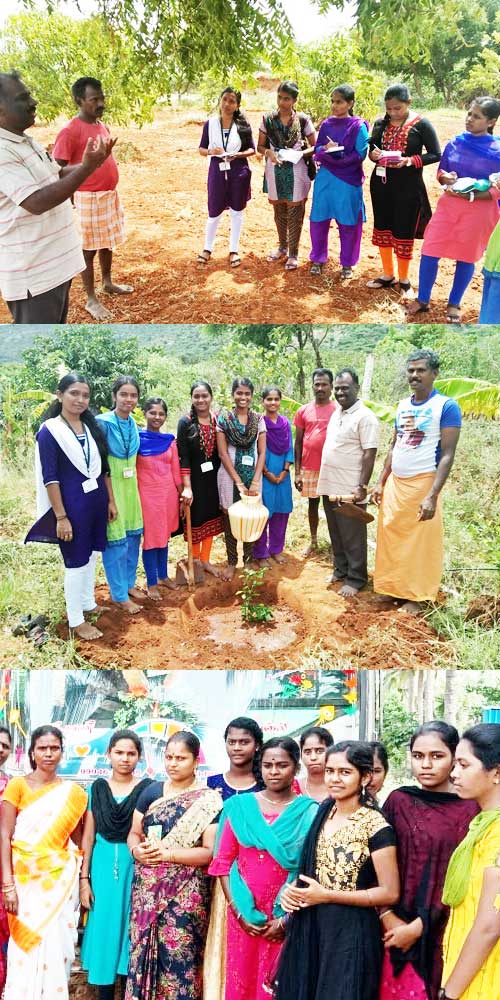The Situation
Textile and clothing Industry, after agriculture, is the second largest sector in the Indian economy providing direct employment to over 35 million people. It also generates output, foreign exchange earnings and indirect employment to many. In Tamilnadu, Karur, Erode, Dindigul, Tirupur and Coimbatore districts have long been the centre of a textile and garment industry. Tirupur is declared as a City Corporation from being just a municipality town, because of its demographic and geographical growth.
The Textile Industry in Tamil Nadu particularly Tirupur has been reported to be exploiting young women workers in the spinning and textile units under what is called the Sumangali Scheme. Sumangali in Tamil means happily married woman, an auspicious future that all parents wish for their young unmarried daughters. Spinners and garment manufacturers alleged to be exploiting young women workers under the Sumangali Scheme. In Tirupur alone around 33,000 girls are employed in the two blocks of Tirupur and Avinasi.
Adolescent girls from very poor families are targeted by textile factories and commercial establishments throughout Tamilnadu and elsewhere too under this Scheme. There are self-appointed brokers spread over every nook and corner of Tamilnadu who lure families of adolescent girls with false promises of assured employment, regular income and lump sum payment for their marriage. Such brokers earn sizable commissions as income for recruiting adolescent girls from poor families.
Drought, poor living conditions, low wages, constant exploitation and harassment by moneylenders and upper caste landlords compel poor girls and women to get recruited in the Sumangali Scheme. Most women get attracted to the scheme's promise that a lump sum payment between INR 30,000 and INR. 50,000 would be paid at the end of the three-year contract period, which would help them to pay the dowry during their marriage.
It has been estimated that 120,000 young women workers have been currently employed as apprentices under the scheme. Sumangali workers mostly come from Dalit and tribal communities whose parents work as agricultural labourers, construction workers, sweepers and cleaners. Nearly 60% of the Sumangali workers belong to Scheduled Castes and Scheduled Tribes the so-called untouchables. Adolescent girls from most backward and backward communities too are the victims of this scheme.
